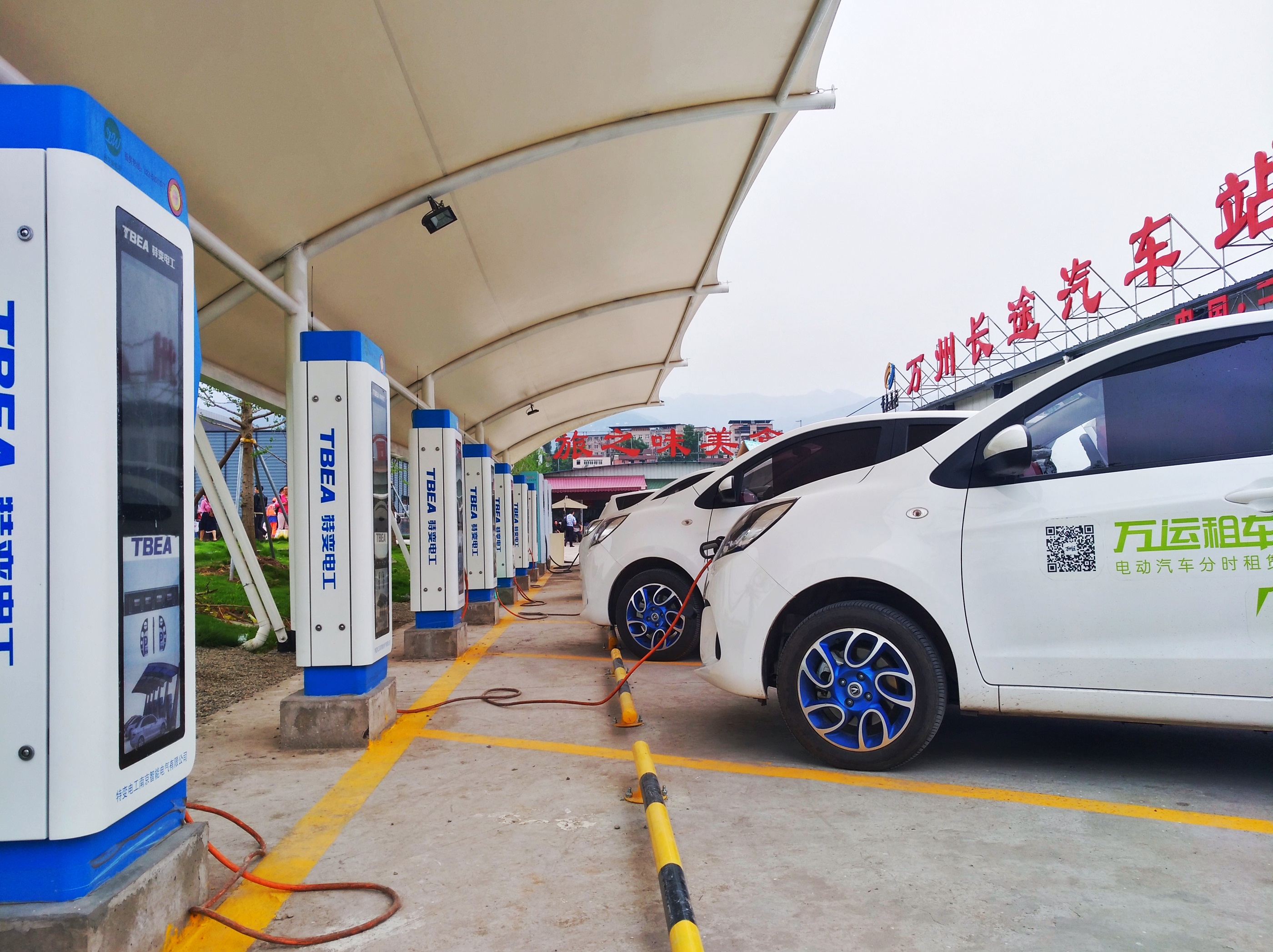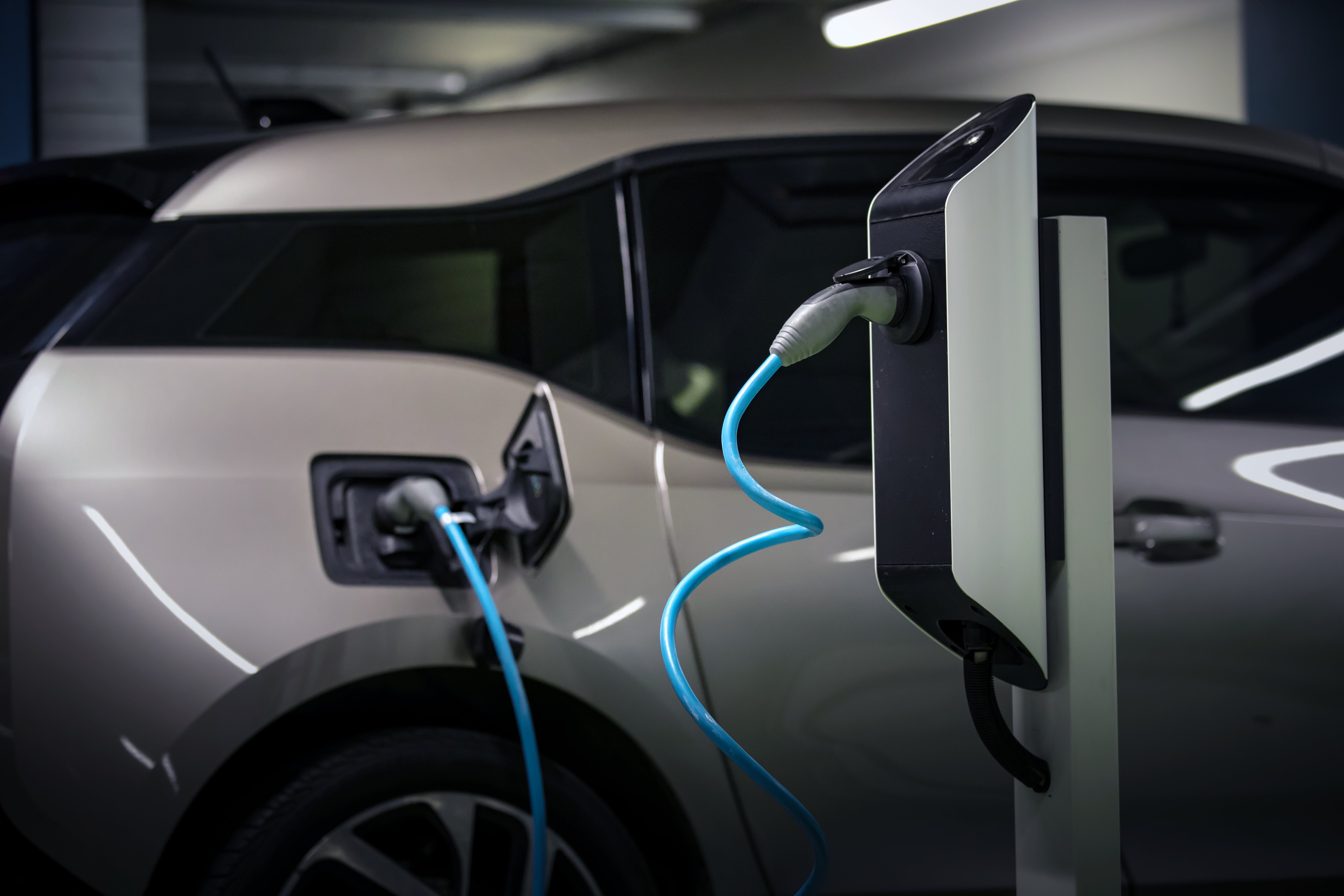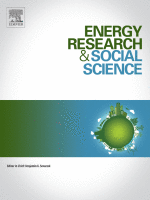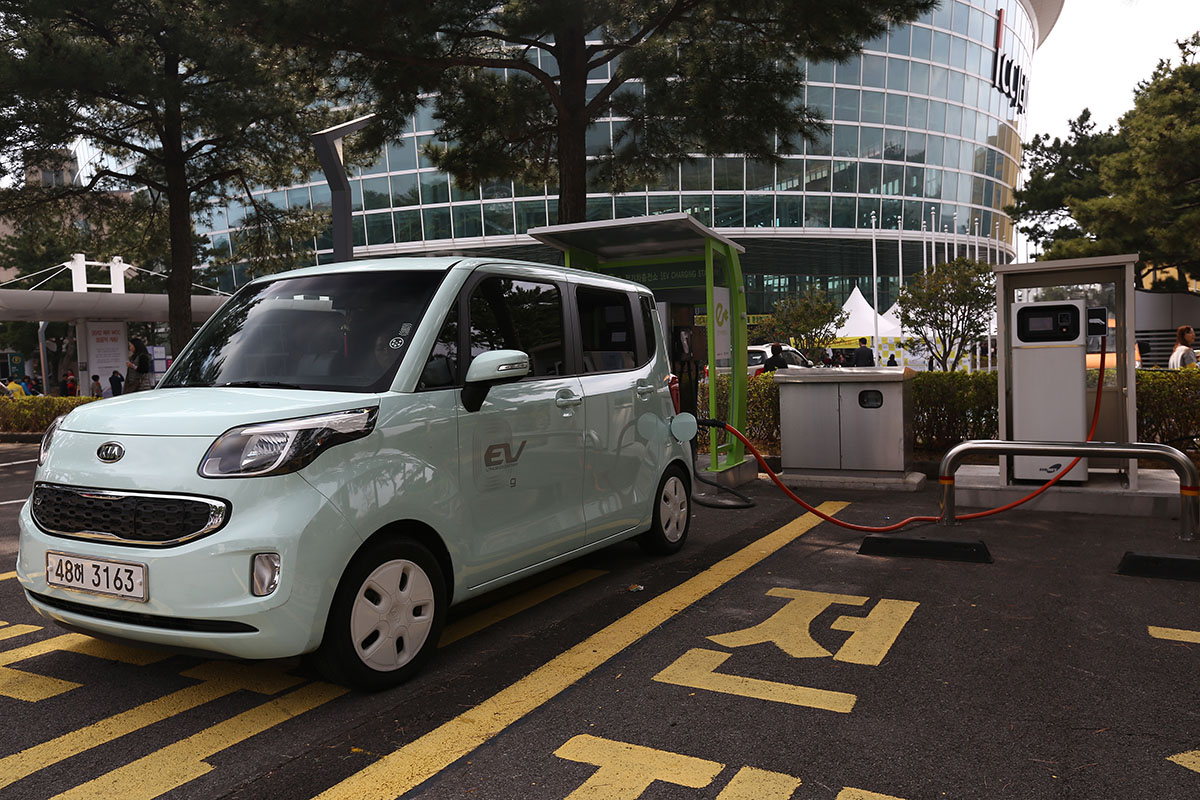

Primary Program

About
Tamara is a visiting researcher at KAPSARC and an assistant professor of economics in the Darla Moore School of Business at the University of South Carolina. Her research interests include environmental and energy economics and how these fields interact with public policy. She holds a Ph.D. in Economics from the University of California, San Diego.
Publications

15 October 2024
Are Automakers Overcharging Consumers for Electric Vehicle Batteries?Vehicle electrification is a major component of many sustainability goals and frameworks. Research suggests that battery costs account for a large portion of the price premium for electric vehicles (EVs) relative to internal combustion engine vehicles (ICEVs) and that price parity, w...

15 July 2024
Impacts of Ride-Hailing on Energy and the Environment: A Systematic ReviewRide-hailing has expanded substantially around the globe over the last decade and is likely to be an integral part of future transportation systems. Through a systematic review of the literature concerning the energy and environmental impacts of ride-hailing, we have identified a dic...

28 March 2024
Consumer Preferences for Ride-Hailing: The Barriers to an Autonomous, Shared, and Electric FutureResearch has shown that when combined in a mobility-on-demand (MOD) framework, automation, carpooling, and electrification have the potential for theoretically large emission reductions. However, there is insufficient research regarding the consumer preferences for and behavioral res...

06 June 2023
The Dynamic Role of Subsidies in Promoting Global Electric Vehicle Sales
We offer the most comprehensive analysis to date of global plug-in electric vehicle (PEV) subsidies. We accomplish this by estimating vehicle choice models for 23 countries using 2010–2019 sales data and using counterfactual simulations to assess the cost-effectiveness of PEV incent...

08 June 2021
How Cost-Effective Are Electric Vehicle Subsidies in Reducing Tailpipe-CO2 Emissions?The transportation sector accounts for 24% of global greenhouse gas (GHG) emissions (IEA 2020). Road transport is the most utilized mode because of its convenience (Van Essen 2008). However, it is also the most emissions intensive mode, accounting for 75% of global tran...

22 March 2021
Are Electric Vehicle Subsidies Becoming More Impactful Over Time?Various subsidies for plug-in electric vehicles (PEVs) have been implemented worldwide at the federal, state and regional levels. These subsidies aim to promote PEV adoption to help reduce both local air pollution and greenhouse gas emissions (Hardman 2019). In the United Stat...

29 December 2019
The Effectiveness of China’s Plug-In Electric Vehicle SubsidySubsidies for promoting plug-in electric vehicle (PEV) adoption are a key component of China’s overall plan for reducing local air pollution and greenhouse gas (GHG) emissions from its light-duty vehicle sector. This paper explores the impact and cost-effectiveness of the Chinese PEV...

30 April 2019
Drivers of New Light-Duty Vehicle Fleet Fuel Economy in Saudi Arabia
- The estimated elasticities, and thus policy sensitivities, vary by income and household size. Thus, a revenue-neutral ‘feebate’ policy – involving taxes on fuel-inefficient vehicles and rebates for fuel-efficient vehicles – could be more progressive than another gasoline price incre...












